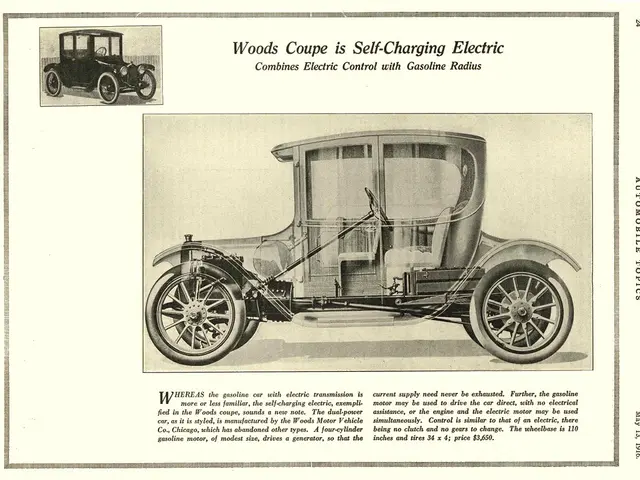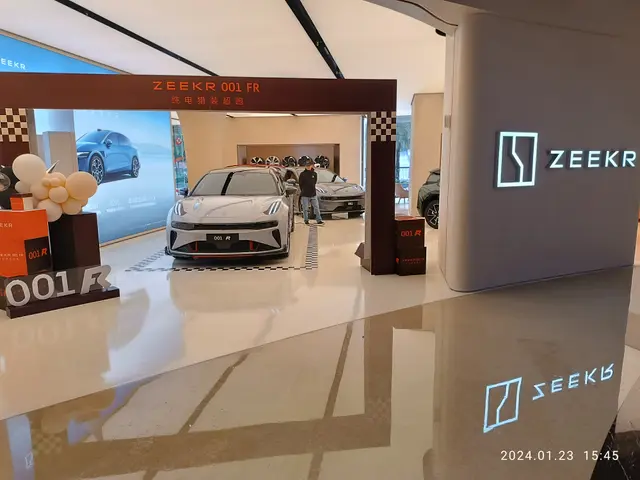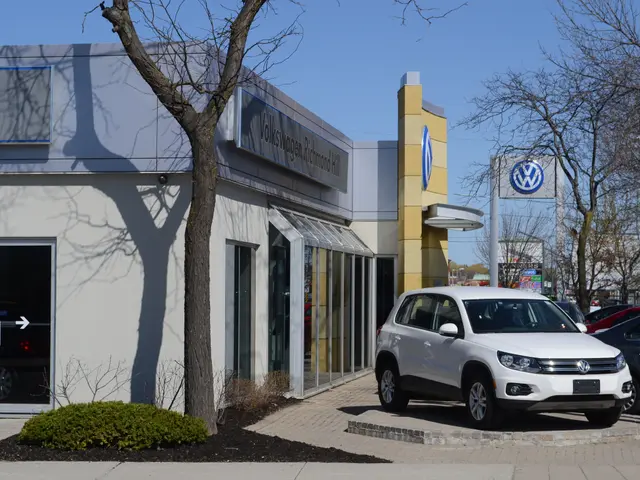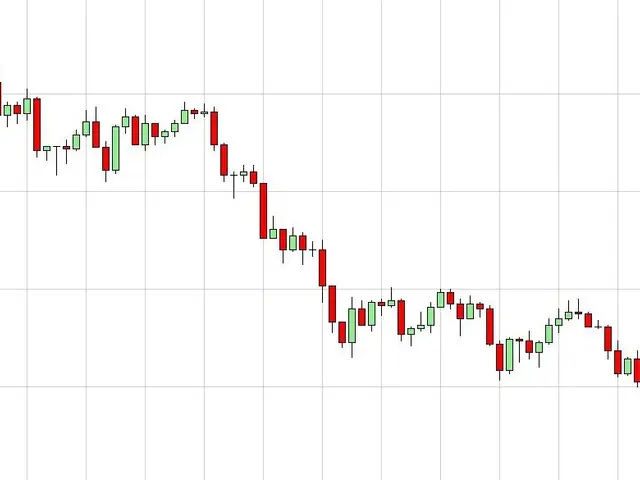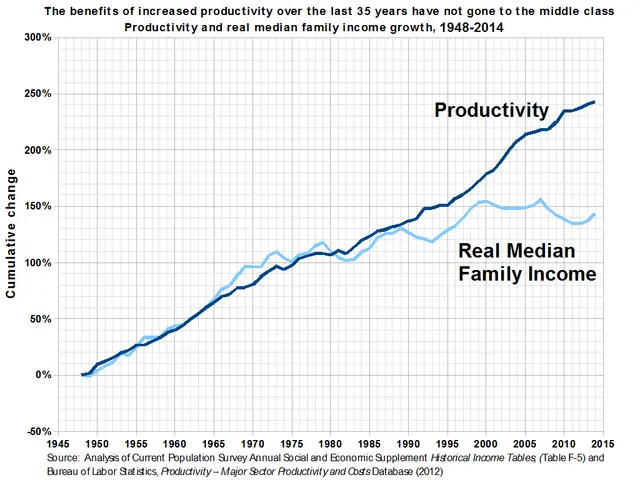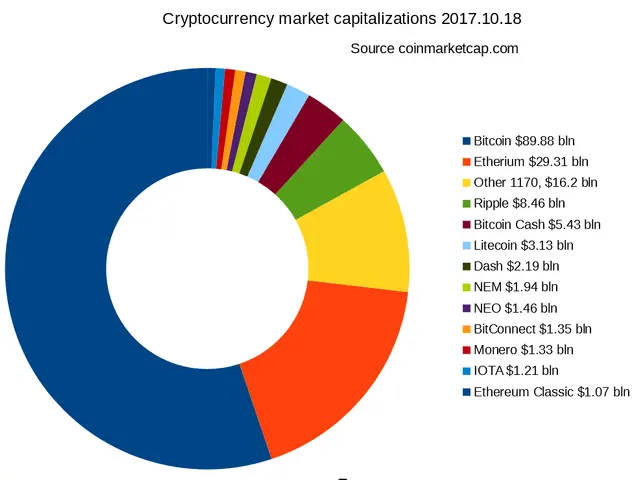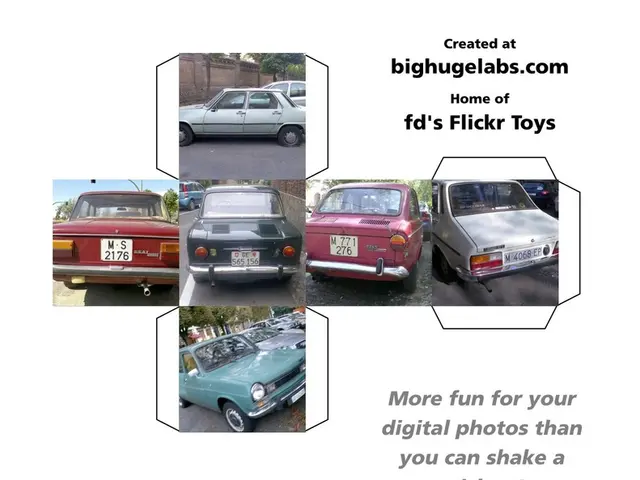Russian leader Putin ordered surveillance of motorists lacking mandatory vehicle insurance (OSAGO) via road cameras.
President Putin Orders Crackdown on Uninsured Drivers by 2025
Russian President Vladimir Putin has issued a directive to strengthen measures against drivers operating vehicles without the mandatory auto insurance (OSAGO) by November 1, 2025. The order was released on the Kremlin's official website, as reported by auto news sources.
In response, automated violation detection systems will be implemented using road cameras for photo and video surveillance. The initiative is scheduled to be completed by the specified date.
Currently, the fine for driving without valid insurance is 500 rubles, which could escalate to 3,000 to 5,000 rubles for repeat offenders. Despite these fines, the Russian Union of Automobile Insurers (RUA) notes that approximately 7-10% of drivers still operate uninsured vehicles.
Initially, cameras were expected to start identifying uninsured vehicles as early as March 1, 2025. However, delays in coordinating the project resulted in a postponement to June 30, 2025.
In a separate development, the Ministry of Industry and Trade has announced that only domestically manufactured vehicles or those that meet specific localization requirements will be eligible for use in taxi services starting March 1, 2026. A list of eligible vehicles will be compiled and finalized by the end of 2025.
The crackdown on uninsured drivers by 2025, as ordered by President Putin, will impact the automotive industry, as violators may face higher fines, which are part of the finance sector. In addition, the Ministry of Industry and Trade's decision to restrict taxi services to domestically manufactured vehicles or those meeting localization requirements by 2026 may influence both the automotive and transportation sectors.

